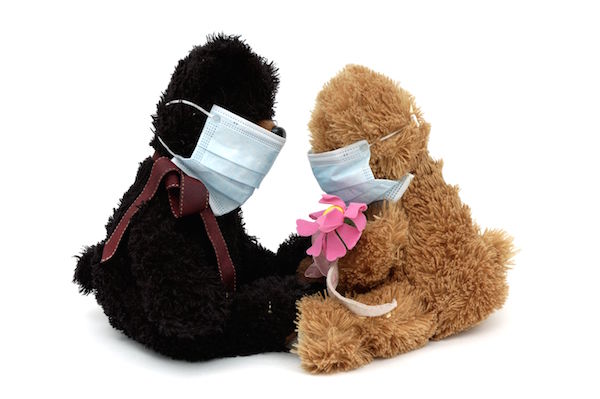
WEDNESDAY, March 2 (HealthDay News) — The U.S. Food and Drug Administration said Wednesday that it plans to remove about 500 unapproved prescription cough, cold, and allergy medicines from pharmacy shelves.
These drugs have not been evaluated by the FDA for safety and effectiveness, and they may be riskier to take than approved over-the-counter (OTC) drugs that treat these same conditions, agency officials explained.
“This action is necessary to protect consumers from the potential risks posed by unapproved drugs, because we don’t know what’s in them, whether they work properly or how they are made,” Deborah M. Autor, director of the agency’s Office of Compliance at the Center for Drug Evaluation and Research, said during a morning news conference.
Of particular concern are drugs that have time-release formulations, Autor said. “We know from experience that these type of products are complicated to manufacture,” she explained, and the agency’s concern is that these products may not release medication consistently or safely.
Another big concern involves unapproved cough, cold and allergy medications labeled for use by children under the age of 2. In 2008, the FDA released a warning against the use of OTC cough and cold products for infants and children under age 2 because of serious, potentially life-threatening side effects.
Officials are also worried about serious side effects with some of these unapproved drugs such as sedation and drowsiness, and name confusion that can lead to prescribing errors, she said.
Despite the requirement that prescription drugs be evaluated by the FDA before they can be sold, many of these medications were never approved, Autor explained.
“Some of these products have been marketed for many years, and have remained on the market illegally,” she said. “Some entered the market illegally simply because they [manufacturers] saw a business opportunity.”
According to the FDA, many doctors prescribe these drugs because they aren’t aware they have not been approved. Most of these drugs are listed in the Physicians’ Desk Reference (PDR), which is a guide doctors can use when prescribing drugs, Autor noted.
FDA officials expect companies that have listed products with the agency to stop making them within 90 days, and to stop shipping them within 180 days. The agency pointed out that this action will not affect patients since there are many approved prescription and OTC cough, cold, and allergy medications already on the market.
One group representing cold and allergy experts sought to clarify the move for consumers.
“In light of the FDA announcement, it is important to make a distinction between these unapproved drugs and the individual components within the drugs,” Dr. Thomas B. Casale, executive vice president of the American Academy of Allergy, Asthma & Immunology, said in a statement released Wednesday.
“Many of the components can be obtained over-the-counter or by prescription and are approved by the FDA,” Casale said. “However, the listed drugs for removal have not proven safe and effective by adequately approved FDA studies. Furthermore, some combination of the components contained in these drugs could result in adverse effects.”
And one doctor warned of the dangers of drug combinations.
“I am amazed at the number of prescription products on this list, and 95 percent of them Ive never seen before,” said Dr. E. Neil Schachter, a professor of medicine at The Mount Sinai School of Medicine in New York City. “My approach to treating colds and flu is to give specific ingredients for symptom relief separately and not in a combination form. Too often people will buy multiple cold products and don’t realize they are taking the same ingredients more than once and are risking an overdose.”
There’s a long list of the drugs in question at the FDA’s Web site. A few of the unapproved medicines to be withdrawn include: A Tan 12X Suspension; Accuhist DM, Accuhist drops cherry flavor, Lodrane 12 D tablets and Aerohist caplets extended release.
More information
For a complete list of unapproved cough cold and allergy drugs, visit the U.S. Food and Drug Administration.

